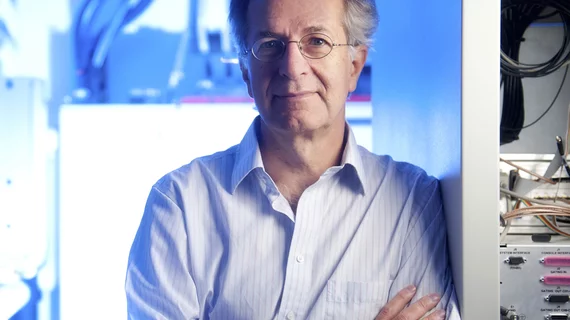Kamil Ugurbil to receive IEEE award for MRI research
Kamil Ugurbil, PhD, director of the Center for Magnetic Resonance Research (CMRR) at the University of Minnesota, will receive the 2019 Institute of Electrical and Electronics Engineers (IEEE) Medal for Innovations in Healthcare Technology “for pioneering the development and leading the advancement of ultra-high-field MRI technology for biomedical and brain research.” The award will be presented at the 2019 IEEE Vision, Innovation and Challenges Summit to be held on May 17, 2019, in San Diego, California.
"I am extremely pleased to be the recipient of this award; it is a recognition of our team's pioneering initiatives, often considered to be high risk at the beginning, that ultimately lead to important achievements setting the direction and pace of development in MRI as well as the study of the human brain," Ugurbil said in a prepared statement.
To be eligible for the medal, the following criteria are considered: impact on the profession or society, other significant contributions, leadership while accomplishing the goal, previous honors and other achievements through publications or patents.
Ugurbil and colleagues have spearheaded the effort to develop the first whole-body human scanner that functions at 10.5 Tesla. The first human MR images were obtained in December 2017.
Additionally, in the early 1990s, the CMRR team was the first to develop a 7 Tesla magnet that was large enough to accommodate a human. It was eventually used for studies in 1999.

